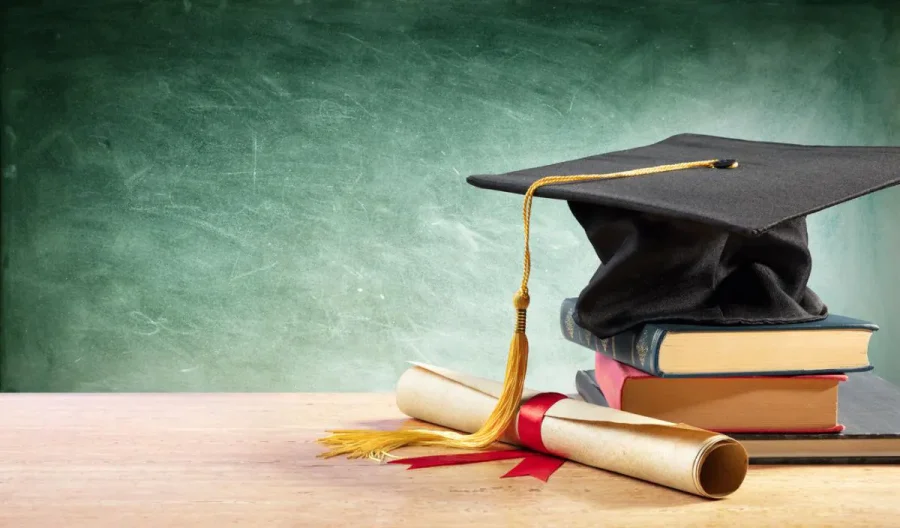Despite progress in recent years, including increased enrollment rates and infrastructural development, the educational standard still lags behind in international benchmarks.
It is the transformational power of education that paves the way for bright future of a country. Pakistan, like many developing nations, faces significant challenges in its education system. In order to transform the educational landscape, Pakistan must adopt a comprehensive approach that addresses the multifaceted issues hindering progress. Talking to media, the Director General of the Pakistan Institute of Education (PIE), Dr. Shahid Soroya stated that there were various strategies and initiatives aimed at improving educational standards. He said these strategies encompass curriculum reform, teacher training, infrastructure development, technology integration, and community engagement. A critical aspect of improving educational standards is to revisit the curriculum to align it with global best practices and cater to the evolving needs of students, he added. The current curriculum often emphasizes rote memorization over critical thinking and practical skills development. For this purpose, he suggested that the curriculum should be revised to incorporate relevant and contemporary subject matter, including topics related to technology, entrepreneurship, environmental sustainability, and civic education. Dr Shahid said that the focus should be shifted from memorization to skills-based learning, fostering critical thinking, problem-solving, creativity, and communication skills among students. Emphasizing the promotion of multidisciplinary learning, he said that encouraging interdisciplinary approaches to education allows students to explore connections between different subjects and apply knowledge in real-world contexts. The DG PIE said that teachers play a pivotal role in shaping the quality of education. However, many teachers in Pakistan lack adequate training and support to effectively engage students and deliver high-quality instruction. To address this issue, he said that comprehensive training programs for teachers should be implemented. He said that the development and implementation of comprehensive training programs for teachers, focusing on pedagogical techniques, subject knowledge, classroom management, and the use of technology are needed. Stressing the provision of ongoing support and mentorship for teachers, he said that establishing mentorship programs and professional development opportunities to support teachers throughout their careers fosters continuous learning and growth. He said that facilitating collaboration among teachers through workshops, peer observation, and online communities allows them to share best practices and learn from each other. Discussing infrastructure development, the DG said that access to quality infrastructure is essential for creating a conducive learning environment. However, many schools in Pakistan lack basic facilities such as proper classrooms, libraries, laboratories, and sanitation facilities. He suggested investing in school infrastructure and allocating sufficient resources for the construction, renovation, and maintenance of school buildings, ensuring they meet safety and quality standards. He said that expanding access to technology and equipping schools with computers, internet connectivity, multimedia resources, and educational software enhances teaching and learning experiences. Discussing students with disabilities, he said that improvements in facilities for special needs students are strongly recommended to educate the maximum population and ensure that schools are accessible.








